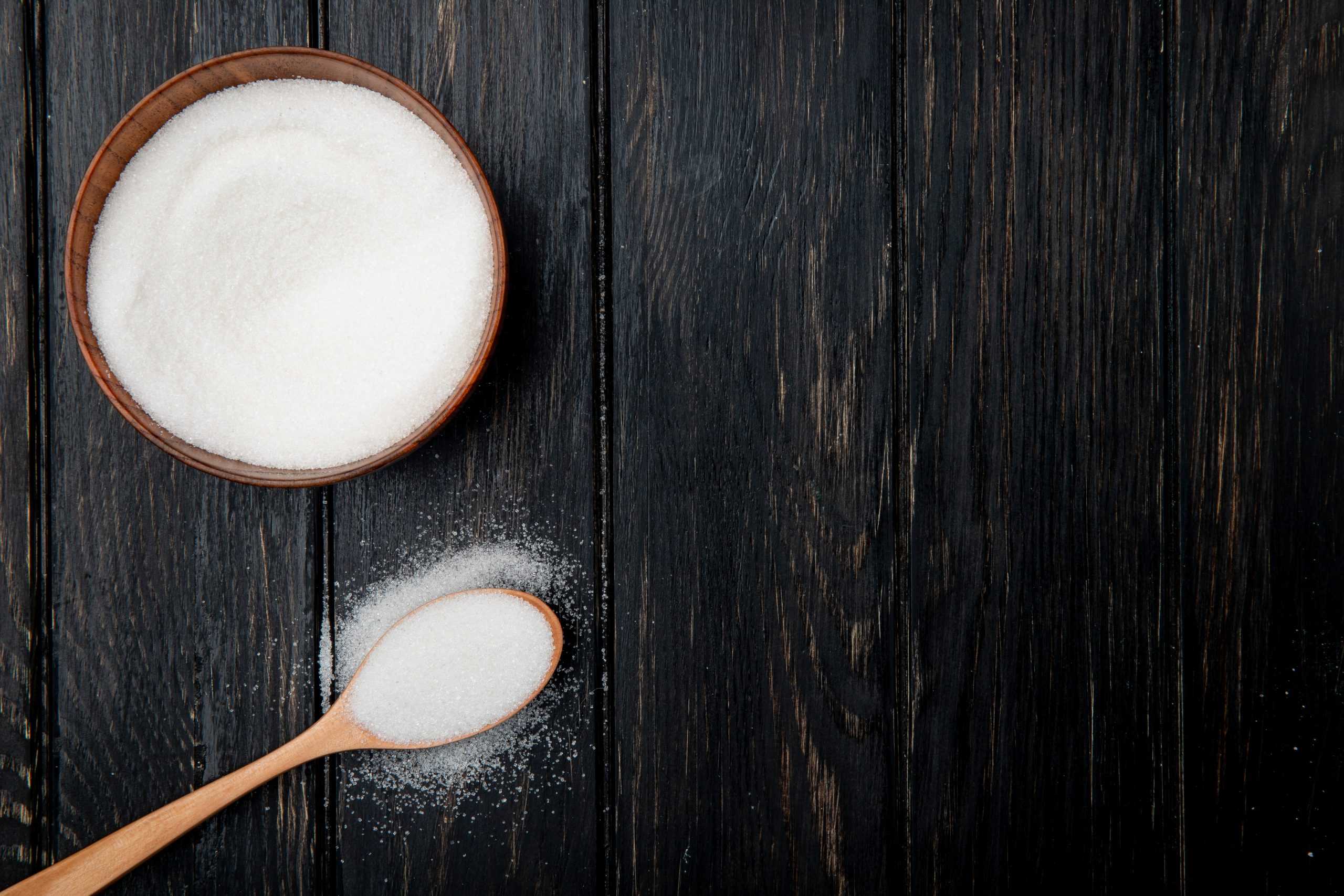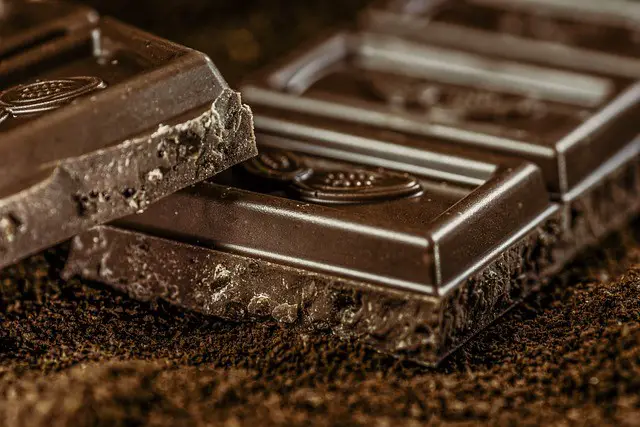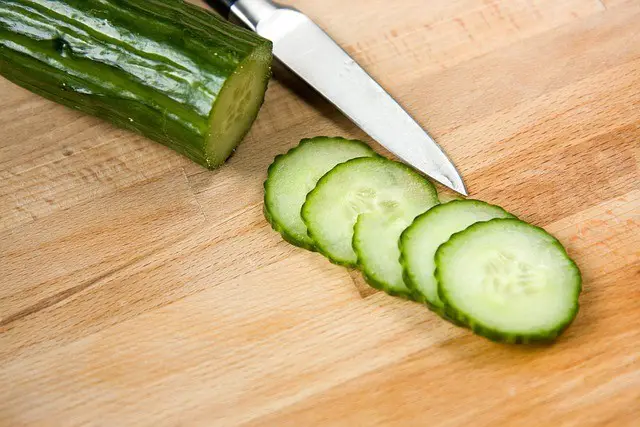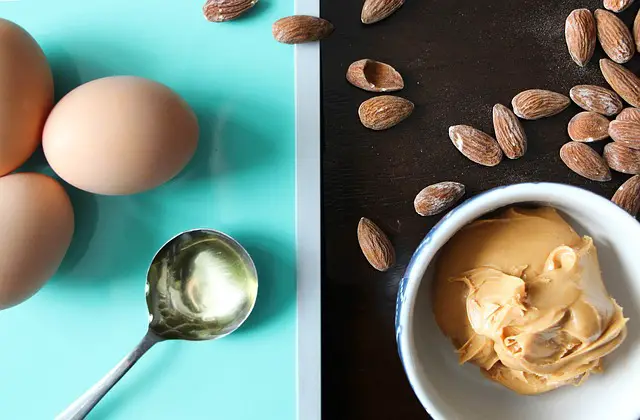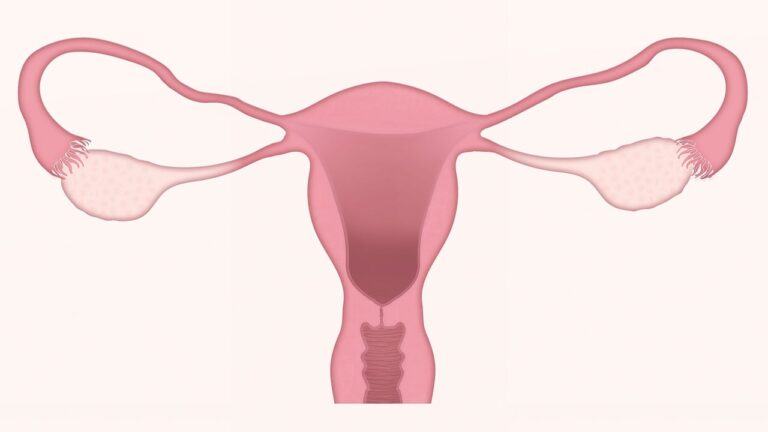Most people starting a keto diet notice intense sugar cravings throughout the keto diet’s beginning stages. And the seasoned low-carb dieters can admit to falling victim to sugar cravings from time to time. “Using keto-friendly sweeteners [1] is a great way to please your sugar craving without forcing you out of ketosis.” For most “low carb” items, you must be careful of the sweeteners’ additives because it is in the most common ingredient list of highly-processed ingredients. One of these sweeteners is Maltodextrin on keto. [2]
And if the ingredient labels indicate that your favorite foods are free of carbs, they can still contain enough carbs and calories to slow down your keto diet. (This is why we must calculate all grams of carbs while monitoring our macros on keto). With that being said, there are many sugary sweeteners capable of offering you sugar without all of the calories or carb content.
What is Maltodextrin?
Maltodextrin has been primarily used as a filler, thickener, and sweetener substitute. [3] It gives anything a smoother feeling. Maltodextrin is a food additive made from corn, rice, wheat, or potato. Maltodextrin’s glycemic index is 110. This can seriously affect your blood sugar. The glycemic index is just 64 for table sugar. This results in huge blood sugar levels. Particularly disheartening, The FDA doesn’t mention maltodextrin as an “added sugar” in the sugar nutrition information on the back of food labels. Avoid it at all costs!
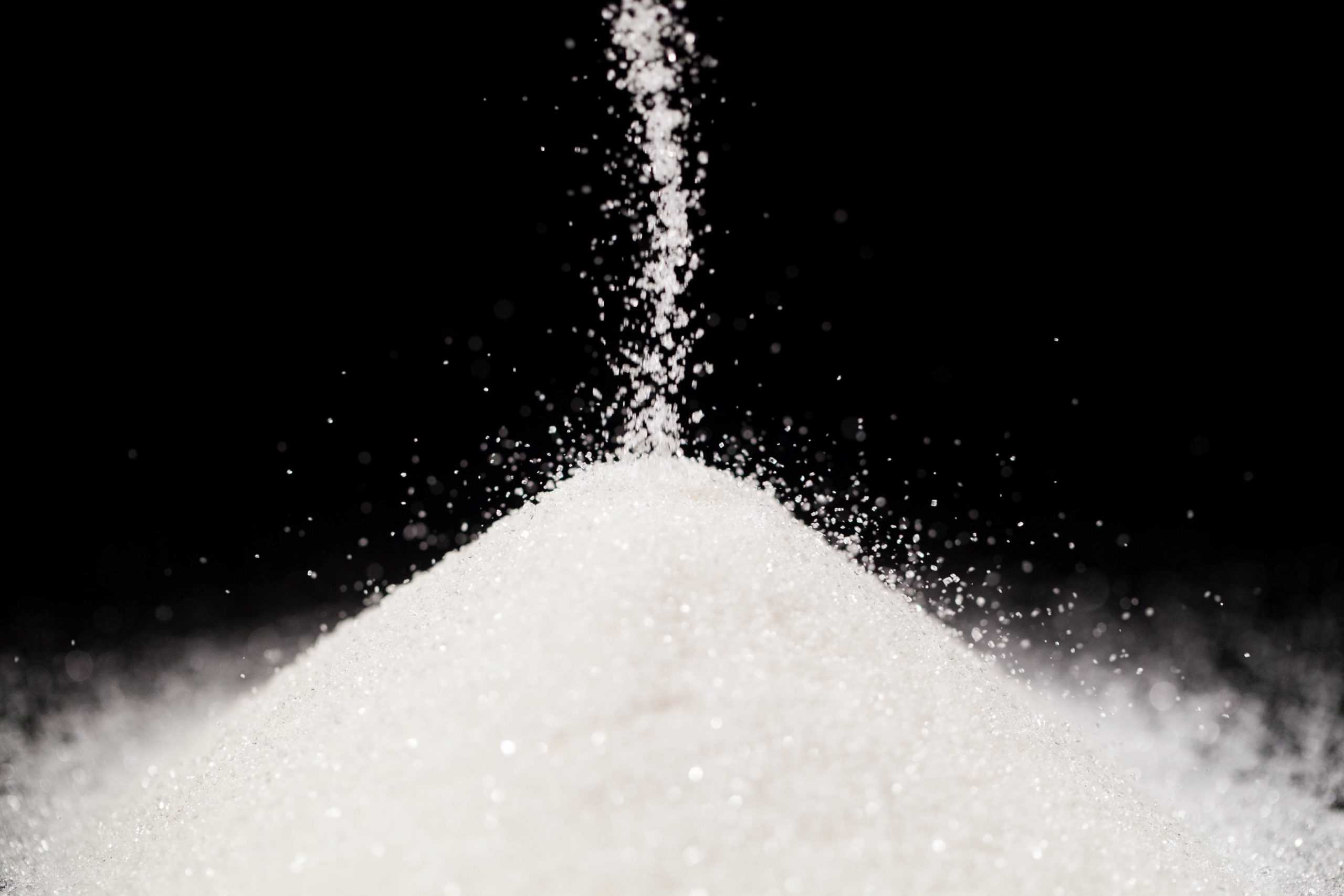
Maltodextrin, which is present naturally in foods, is also heavily refined. The starch is partly broken (hydrolysis) by using water, enzymes, and acids, among others, to produce the water-soluble starch. When the liquid form or powdered form is applied to fruit, it makes the food smoother and retains its texture.
It is a carb that has been hydrolyzed (broken down into smaller parts) to have less than 20 percent sugar content, whereas corn syrup solids have higher sugar content than maltodextrin. After intensive exercise, Bodybuilders often eat simple carbohydrates to replenish glycogen reserves and regain energy. After a workout, bodybuilders or athletes may prefer to eat high glycemic foods such as maltodextrin and dextrose, increasing the insulin levels to get the required carb count. Maltodextrin is rich in carbs, and we all know carbs should be avoided on keto.
Keep in mind that foods like cereals, grains, desserts, protein bars, soup, beverages, coffee, alcohol, candies, honey, and sweets have a high ratio that will affect your bloodstream. Some people may also experience spikes in blood, high blood pressure, and diarrhea, but it is rare.
Is it allowed to have Maltodextrin on Keto?
The most complicated aspects of keeping to a keto diet are managing sugar consumption and regulating carbs. Sugar is present in almost all prepackaged meals. However, it’s not a good source of the type of carbohydrates you need, and it’s unhealthy for anyone seeking to maintain a condition of ketosis. How does one safely remain under the keto dietary guidelines?
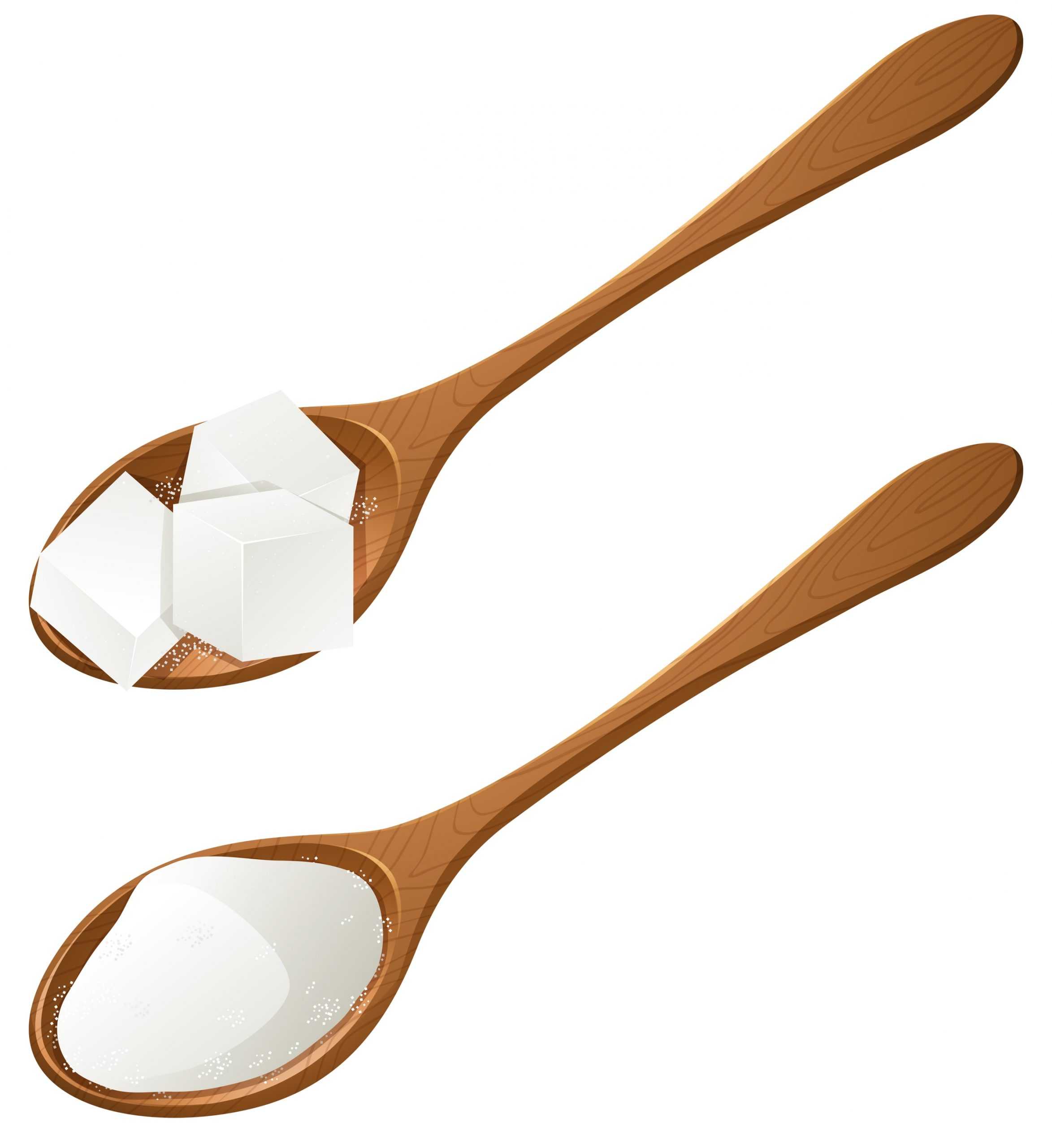
After all, it’s practically everywhere. The solution literally lies inside low-calories sweeteners. There are different types of them available now, and each ones’ advantages and risks are different. Not all of them are low in carbs, so it’s important to make sure you get the right one. One of the most popular substitutes in commercially manufactured food products is called “maltodextrin.” Some claim it is harmful to weight loss compared to other substitutes, so it should be stopped at all costs if you are on a low-carb diet like keto.
Side Effects of Maltodextrin on Keto and in General
1. Damage to Your Health in General
Maltodextrin is produced by genetically modifying corn. In animal and human research, GMO [4] corn has been noted to have.
- To gain weight
- Boost triglycerides.
- Effects on the liver, kidneys, and heart.
2. Convey lacks balanced gut flora.
Your intestinal microbiome comprises a combination of over 1,000 different species of bacteria. Healthy gut flora is important for protecting the body from unhealthy bacteria that may sideline you with the flu, a cold, or a stomach bug. Your gut health and metabolic state play a part in your weight losing activities and how effectively you consume and use the nutrients of the varieties of foods you eat.
Science suggests maltodextrin can inhibit healthy gut bacteria while creating a deficit in probiotics, allowing pathogens to thrive and overtake the nice cause. If anyone has a compromised immune system, they could be more vulnerable to sickness and health problems. Anxiety, sadness, fatigue, and poor energy levels. Weight gain, obesity, and keeping weight. An overly high intake of maltodextrin raises one’s chance of developing common diseases such as inflammatory disease.
3. Worsening Crohn’s Disease Symptoms
Researchers have discovered that maltodextrin facilitates harmful bacteria growth and inhibits the body’s innate reaction from adequately regulating harmful bacteria. E. coli can cause a range of health complications, ranging from flu-like symptoms to Crohn’s chronic diseases.
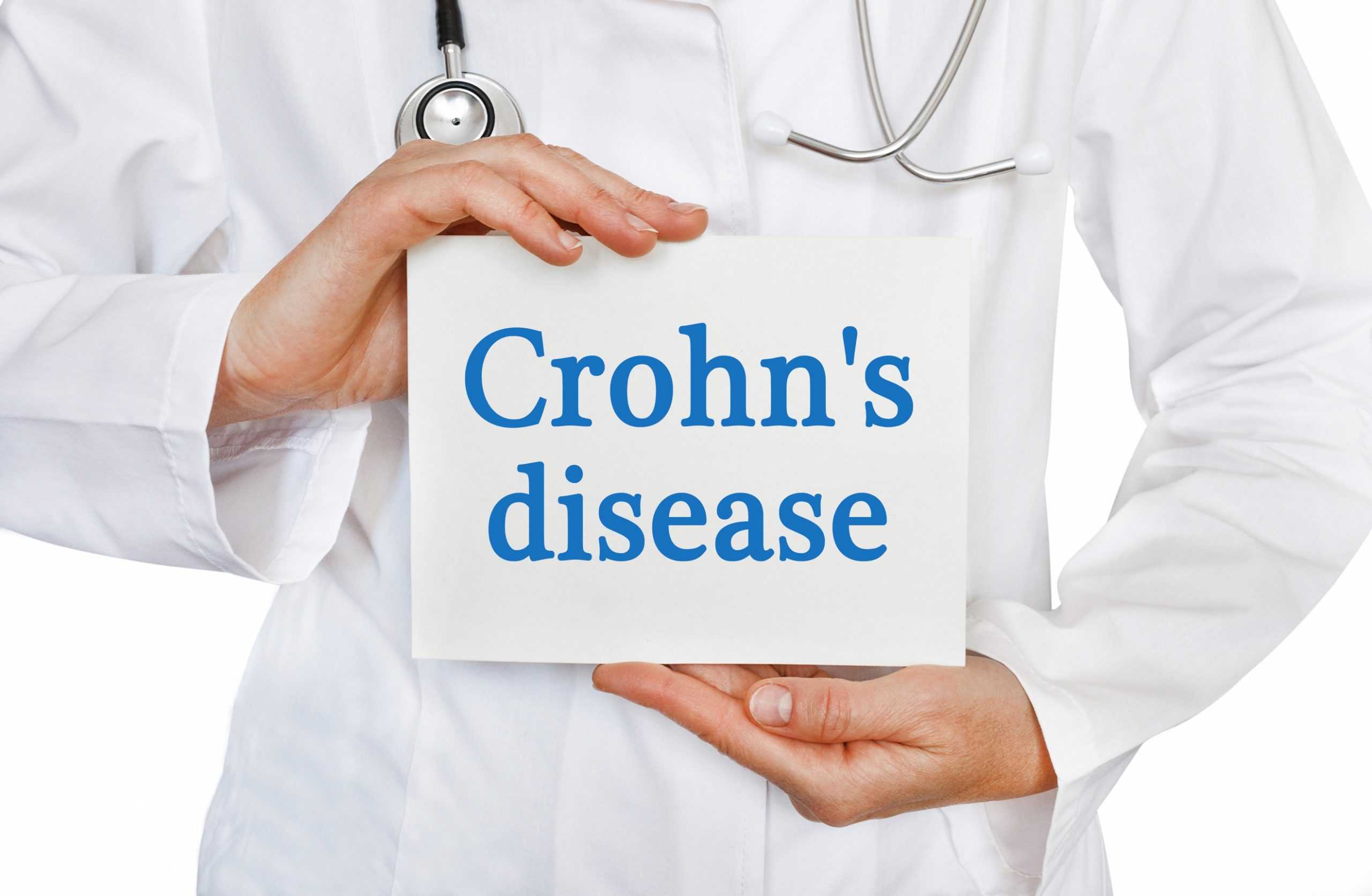
4. A rise in blood sugar levels (Which May Kick You Out of Ketosis)
Your low blood sugar levels and absence of insulin must remain low enough to sustain your body in a state of ketosis. When a person’s blood sugar levels get too high, their body will burn sugar instead of fat. The use of maltodextrin in a diet is harmful because it induces elevated blood sugar levels. At this stage, insulin levels will rise as a reaction to the elevated blood glucose levels in your blood.
This argument is imperative in treating insulin-resistant diabetes and the type 2 diabetes crisis. Your increased intake of maltodextrin can make ketosis more difficult to achieve or sustain in the condition of having abnormally high blood sugar levels. Maltodextrin can also increase the stored sugar in your body, or glycogen, which your body uses as a source of energy. You must eat these stores of fat for ketosis to be activated. Adding to them makes their diet difficult to obey and sustain.
Natural Substitutes of Maltodextrin on Keto
While Maltodextrin is not good for keto, there are some other substitutes that will not get you out of ketosis.
Xylitol
Xylitol [5] is a sugar alcohol that is almost as sweet as sugar, but it has very little caloric content than sugar. Xylitol naturally occurs in vegetables and fruits. It is most widely identified in foods with good digestion.
Monk Fruit
Monk fruit sweetener is another perfect zero-carb sweetener that contains mogrosides. These mogroside antioxidants in monk fruit are responsible for the sweetness. To date, it has been shown that monk fruit sweeteners (liquid sweeteners made with monk fruit) are extremely sweet. Mogroside lowers blood sugar.
Stevia
Stevia is a great keto sweetener and the perfect way to hold yourself in ketosis. It is a zero-carb option that has many health benefits. It can help you reduce your sugar levels and become healthier. It can encourage healthy organs and longer life.
What is Digestion-Resistant Maltodextrin?
The most common form of maltodextrin is based on wheat and corn (rice and potatoes). DRM is created by having maltodextrin go through a special process that alters the bonds and results in maltodextrin. They are typically indigestible even though our bodies do not possess the necessary enzymes needed to break them down. A common additive in processed foods is soluble corn fiber. Contrary to maltodextrin, DRM does not affect blood insulin levels; it’s a zero-calorie artificial sweetener.
However, soluble fiber will also deliver much of the health benefits of soluble fiber. Maltodextrin has a high glycemic index [6] which causes rapid increases in blood sugar levels. Potentially, this polysaccharide raises blood insulin levels more rapidly than does glucose. Research shows that maltodextrin promotes the growth of unhealthy gut flora, which is likely related to the sugar content.
Maltodextrin adverse effects include weight gain, bloating, and gas. If you are not a bodybuilder and do not plan on putting on bulk, or if you are not a long-distance runner in need of energy, it may be prudent to avoid maltodextrin. The same goes for chronic illnesses, such as diabetes, where maintaining stable blood sugar levels is important; maltodextrin is not recommended for this purpose.
Conclusion
When deciding to go keto, giving up sugar can often be the hardest part, but it doesn’t have to be. Thanks to natural sugars for their natural sweetness, it’s possible to still indulge in sweets without falling out of ketosis. You cannot eat table sugar, fresh fruit, canned fruit, and even natural sweeteners like honey and maple syrup.
A few low-carb sweeteners are completely acceptable on a ketogenic diet, while many others are out of the carb zone. There are several types of sweeteners available on the market, but not all are created equal.
Products that claim to be “sugar-free” or “low carb” maybe not adhere to a ketogenic diet as well. Sugars like maltodextrin can impact ketosis, hinder weight loss, and alter beneficial bacteria’s proportion in your gut.

